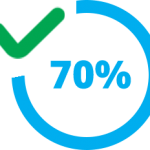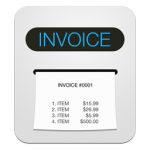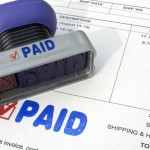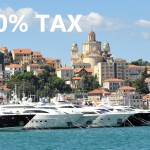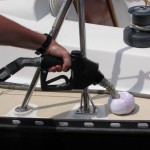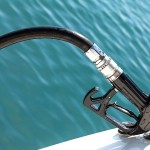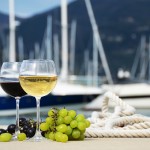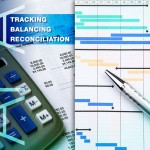
The temporary admission procedure laid down in article 250 of the Union Customs Code – Regulation (EU) No 952/2013, which came into force on 1 May 2016, allows non-Union goods intended for re-export to be subject to specific use in the customs territory of the Union, with total or partial relief from import duty. This procedure enables non-EU registered yachts to stay within the EU with total relief from import VAT and move freely within its territorial waters with no further customs formalities for a period of 18 months.
The relevant change compared with the existing previous situation laid down in the Community Customs Code 2913/92 and Commission Regulation 2454/93 is that it is now required for yachts arriving at an EU Port coming from an Non-EU Port to submit an oral customs declaration in accordance with article 165 of Commission Delegated Regulation 2015/2446.
There are different approaches to the situation in different Mediterranean countries, as this formality is not strictly enforced everywhere and other countries, in addition to the submission of the oral declaration, require the provision of a guarantee. Here we will provide an overview on how the process works strictly in Spain.
When an application for TA is made orally, the declarant shall submit a document as referred to in Annex 71-01 containing the following information:
• name and address of the declarant;
• description of the goods, their value and quantity;
• place of use and kind of use of the goods and means of identifying them;
• period for discharge;
• customs office(s) of discharge.
Together with Annex 71-01, the following supporting documents shall be submitted:
• Yacht’s certificate of registry;
• Passport of the yacht owner;
• Yachts owned under corporations: deed of incorporation, certificate of incumbency and passport of the company director.
When the temporary import takes place in Spain, the customs authorities will not require the provision of any security or guarantee. If the customs authorities are not satisfied that the particulars declared orally are accurate or complete, the oral declaration might be refused.
Please find below some particularities of the most relevant yacht destinations in Spain.
Palma de Mallorca – first port of arrival must be the customs port of Palma. Once the paperwork has been reviewed, the yacht can head to any other port in Mallorca. In Mallorca it is required to provide either original supporting documents or verified by a Spanish public body.
Ibiza – there is no need of arrival to a customs port. The yacht can arrive to any port and submit the declaration online to the local customs office, using the system in place in the website of the Spanish tax agency.
Barcelona – there is no need of arrival to a customs port. The yacht can arrive to any port. Photocopies of the relevant documents are usually accepted.
Although customs does not expect the submission of an export declaration to close the temporary import, evidence of having visited a non EU port will be requested in order to renew the 18-month period.
For any further information, please email us to info@yachtwelfare.it or directly contact our Spanish referent Mr. Alex Chumillas, Director or Tax Marine emailing alex@taxmarine.com.
